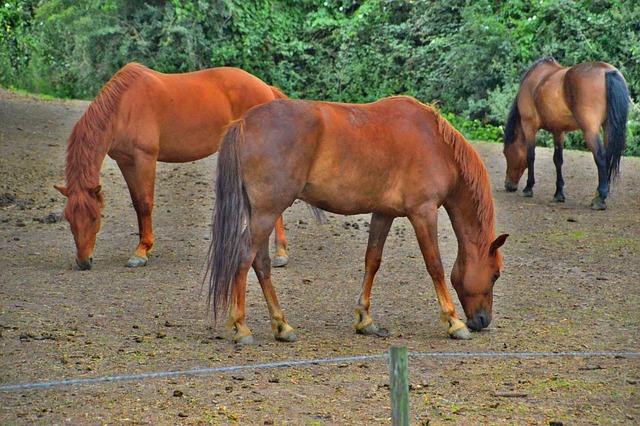baixar azar 🥎 Baixar Azar: A Complex Interplay of Beliefs and Realities in Brazilian Culture

Baixar Azar: A Complex Interplay of Beliefs and Realities in Brazilian Culture
In the vibrant tapestry of Brazilian culture, the phrase "baixar azar" resonates as both a colloquial expression and a manifestation of deeper societal beliefs. It refers to the act of invoking bad luck or misfortune, often attributed to various superstitions and cultural practices. This phenomenon, while seemingly trivial, opens a window into understanding how Brazilians navigate the uncertainties of life and the intricate relationship between belief, behavior, and reality.baixar azar

At its core, "baixar azar" encapsulates a rich tradition of folk beliefs that permeate daily life in Brazil. The notion that one's fortune can be manipulated through rituals or specific actions speaks to a broader cultural narrative where the supernatural intermingles with the mundane. It reflects a collective consciousness that seeks to explain and control the unpredictable nature of existence. Within this framework, individuals often engage in a variety of practices, from the avoidance of certain actions to the participation in rituals designed to ward off misfortune.
The origins of this belief can be traced back to a confluence of indigenous, African, and European influences that have shaped Brazilian society over centuries. Each cultural group has contributed its own unique interpretations of luck and fate, resulting in a diverse array of superstitions and practices. For instance, the African influence is particularly notable in the syncretic religions that emphasize the power of spirits and the importance of rituals to maintain harmony and balance in one’s life. Conversely, European superstitions often focus on the individual’s actions and their moral implications, intertwining personal responsibility with the concept of luck.baixar azar
As we delve deeper into the implications of "baixar azar," it becomes evident that this phenomenon is not merely a reflection of superstitious beliefs but also a coping mechanism in the face of adversity. In a country marked by socio-economic disparities and political instability, the invocation of bad luck serves as a means for individuals to articulate their frustrations and anxieties. It provides a tangible explanation for the challenges they face, allowing them to externalize their misfortunes rather than internalizing blame. This psychological aspect cannot be overlooked, as it reveals a fundamental human desire to find meaning in chaos.baixar azar

Moreover, "baixar azar" has found its way into the cultural lexicon, influencing language, art, and even commerce. Expressions related to bad luck permeate everyday conversations, reflecting a shared understanding of life’s unpredictable nature. In literature and music, themes of misfortune are often explored, providing a rich source of inspiration that resonates with audiences. This artistic representation not only entertains but also fosters a sense of solidarity among individuals who navigate similar struggles.
In contemporary society, the concept of "baixar azar" continues to evolve, particularly with the advent of technology and social media. The digital age has given rise to new forms of expression that challenge traditional beliefs while simultaneously reinforcing them. For instance, memes and viral videos that humorously depict bad luck have become a cultural phenomenon, showcasing the inherent absurdity of life’s unpredictability. This blending of old and new illustrates how cultural narratives adapt over time while remaining grounded in their historical roots.
However, the implications of "baixar azar" extend beyond mere superstition and humor. As Brazil grapples with pressing social issues, the invocation of bad luck can also serve as a critique of systemic injustices. It highlights the precariousness of life for many individuals who find themselves at the mercy of larger forces beyond their control. In this sense, "baixar azar" transcends its folkloric origins, emerging as a poignant commentary on the socio-political landscape.
As we reflect on the significance of "baixar azar," it becomes clear that this phrase encapsulates much more than a simple belief in bad luck. It embodies a complex interplay of cultural heritage, psychological coping mechanisms, and socio-political critique. In a world where uncertainties abound, the act of invoking misfortune serves as both a ritualistic practice and a profound statement on the human condition.
Ultimately, "baixar azar" invites us to consider how we navigate the ebbs and flows of life, urging us to confront our fears and uncertainties with resilience and creativity. In doing so, it reaffirms the power of cultural narratives to shape our understanding of the world and our place within it. As Brazilians continue to engage with this concept, they not only honor their rich cultural heritage but also forge a path towards greater understanding and solidarity in the face of life’s inevitable challenges.
Fale conosco. Envie dúvidas, críticas ou sugestões para a nossa equipe através dos contatos abaixo:
Telefone: 0086-10-8805-0795
Email: portuguese@9099.com


